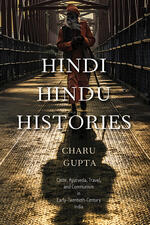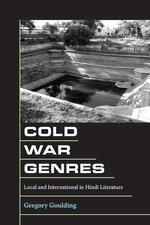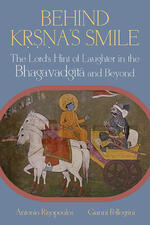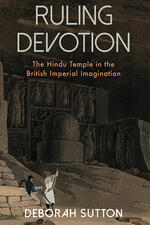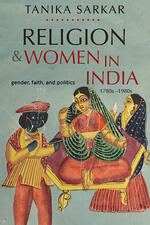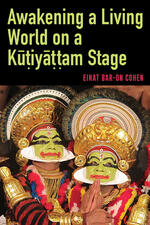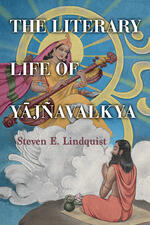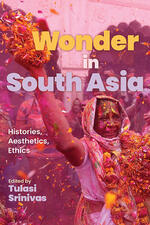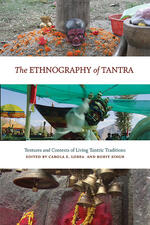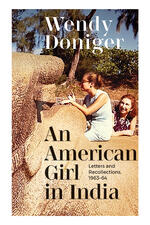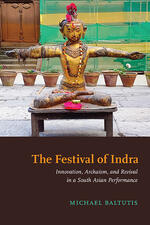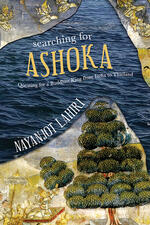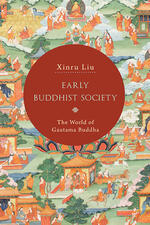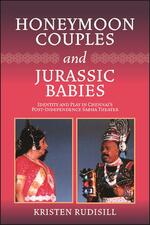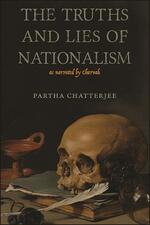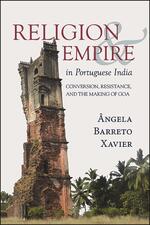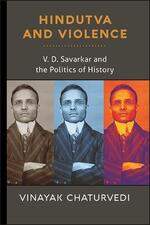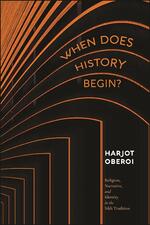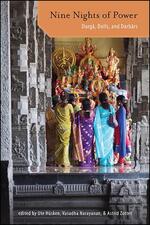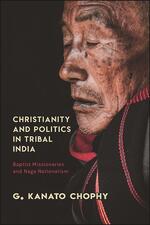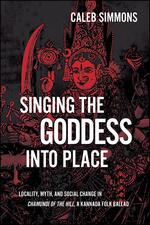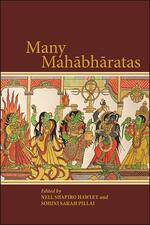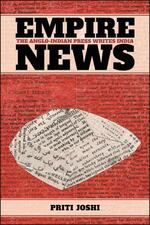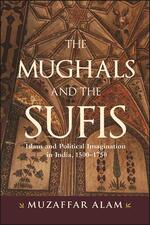India and South Asian Studies
Hindi Hindu Histories
Explores how four public intellectuals in North India imagined freedom and Hindi-Hindu nationhood through their writings on caste, Ayurveda, travel, and communism.
Cold War Genres
Argues that the post-independence period was a unique era of literary experimentation in Hindi literature, which must be read in the contexts of both local and global cultural, social, and literary history.
Behind Kṛṣṇa’s Smile
Examines Kṛṣṇa’s hint of laughter (prahasann iva) in the Bhagavadgītā, its interpretations in the Vedānta commentarial tradition, and its significance in Kṛṣṇaite iconography and literature.
Ruling Devotion
Combines historical, literary, art historical, and archaeological perspectives to explore the idea of the Hindu temple in the British colonial imagination.
Religion and Women in India
Examines the intersections of gender, religion, and politics among various Indian religious communities, from early British rule to the late twentieth century.
Awakening a Living World on a Kūṭiyāṭṭam Stage
Explores the cultural dynamics of this ancient form of Sanskrit theater.
The Literary Life of Yājñavalkya
A literary and historical investigation into an ancient Indian religious thinker, tracing his rise in importance in the Hindu tradition.
Wonder in South Asia
A comparative study of wonder in South Asian religions.
The Ethnography of Tantra
Presents Tantra from an ethnographic vantage point, through a series of case studies grounded in diverse settings across contemporary Asia.
An American Girl in India
Offers a portrait of India as seen through the eyes of a sensitive, sharp-eyed, and witty young scholar in the early 1960s.
The Festival of Indra
Details the textual and performative history of the South Asian festival of Indra and its role in the development of classical Hinduism.
Searching for Ashoka
Reveals how the persona of India's most famous emperor was constantly reinvented in ancient times to suit a variety of social visions, political agendas, and moral purposes.
Early Buddhist Society
A richly scholarly yet accessible and imaginative account of society in the time of the Buddha.
Honeymoon Couples and Jurassic Babies
Contextualizes Sabha Theatre historically, politically, and aesthetically, revealing how it expresses a Tamil Brahmin identity that is at once traditional and modern.
The Truths and Lies of Nationalism as Narrated by Charvak
Rejects Hindu nationalism and pluralist secularism in favor of a revitalized politics of Indian federalism.
Religion and Empire in Portuguese India
Examines the colonization of Goa in the sixteenth and seventeenth centuries and the durability of Portuguese rule.
Hindutva and Violence
Examines the place of history in the political thought of Vinayak Damodar Savarkar, one of the key architects of modern Hindu nationalism.
When Does History Begin?
Documents how the premodern techniques of narrating the past in South Asia were deeply transformed by colonial modernity, resulting in newer forms of truth-telling within the Sikh community.
Nine Nights of Power
Explores the rich diversity of narratives, rituals, and participants connected with one of the most important celebrations for Hindus in South Asia and in the diaspora.
Christianity and Politics in Tribal India
Chronicles the astonishing and counterintuitive spread of Christianity among a group of previously isolated tribes in a remote and hilly part of Northeastern India.
Singing the Goddess into Place
Explores how a folk ballad in southern India transforms the landscape and embeds the deities that are its subject within the social worlds of their devotees.
The Hagiographer and the Avatar
Examines the key role of a hagiographer within a charismatic religious movement.
Many Mahābhāratas
A major contribution to the study of South Asian literature, offering a landmark view of Mahābhārata studies.
Empire News
Examines English-language Indian newspapers from the mid-nineteenth century and their role in simultaneously sustaining and probing British colonial governance.
The Mughals and the Sufis
Examines the relationship between Mughal political culture and the two dominant strains of Islam's Sufi traditions in South Asia: one centered around orthodoxy, the other focusing on a more accommodating and mystical spirituality.
